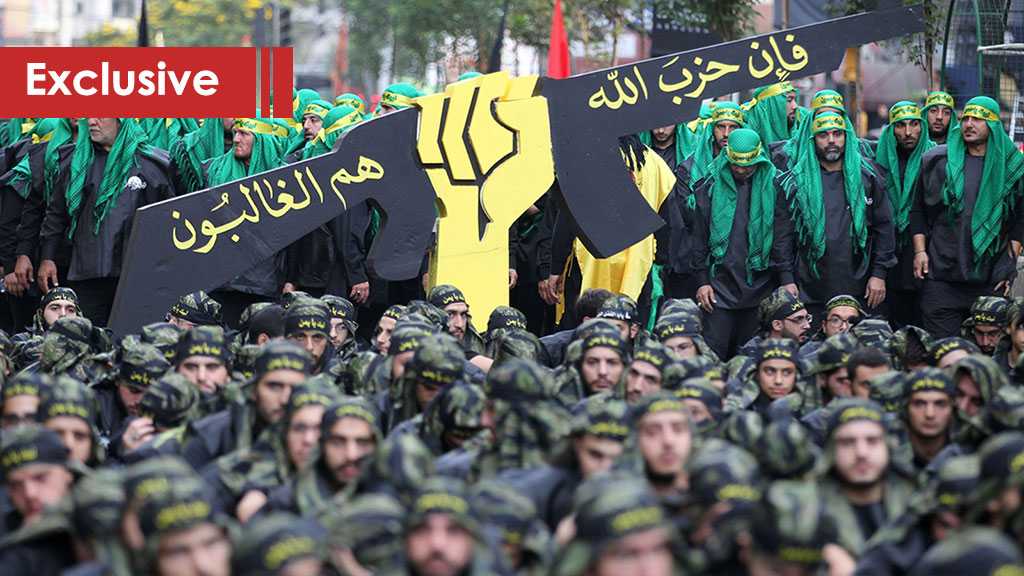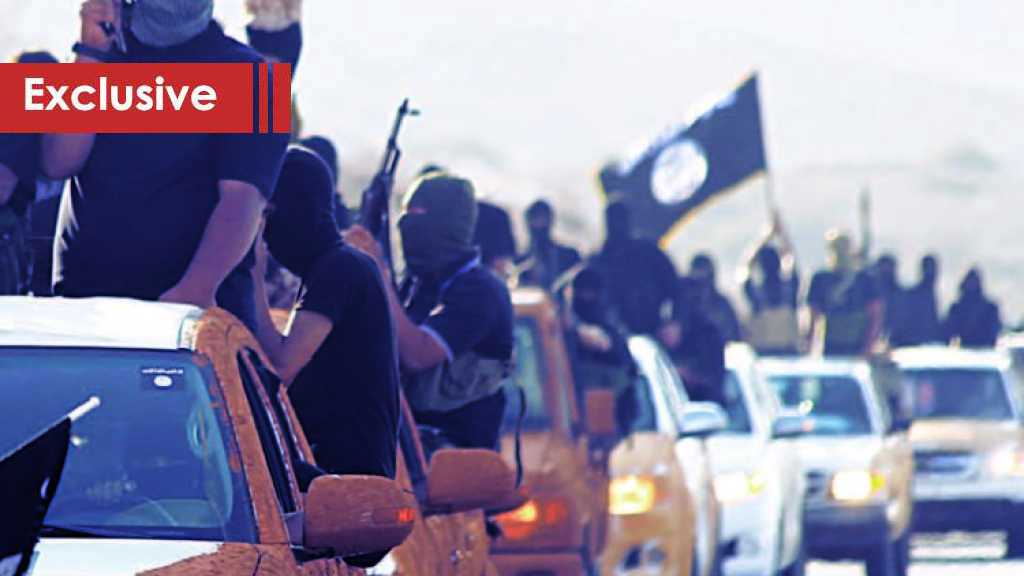Caesar: Another Failing Attempt to Restrict Syria, Hezbollah

By Nour Rida
On Wednesday, the United States is due to bring into effect the toughest set of sanctions on Syria, as part of the Caesar Syria Civilian Protection Act. The Caesar act is a law that was passed in December of 2019 and allows the American administration to impose sanctions on foreign companies, countries, and people who do trade or transactions with Syria.
Mainstream media outlets describes the law’s main intent is as “to punish Bashar al-Assad’s government for atrocities committed against the Syrian people,” using negative ideology to shape the story according to the US political agenda in the region.
The mainstream narrative of Western media is a penetrating medium, capable of creating false consciousness among the viewers. This is something many peoples of Western countries know by now. Looking back at media reports, one can see how positive ideology to describe the Bush administration was used as he was classified as ‘friendly’ and a ‘liberator’ at the time he invaded Iraq. This is one simple example of how media manipulates words and discourse to serve its own goals. Lest we forget the Takfiri terrorist groups in Syria that killed and raped and destroyed across the country regardless of the religious or ethnic background of the people; the US administration would call them “Syrian opposition” and legitimizing their existence and violence.
Back to the topic, today media reports call Syria an oppressive regime and the US claims it stands by the Syrian people by imposing the Caesar act. Words matter, but they cannot change history. The Caesar act imposed on Syria carries the same goals of the US backing and support of terrorist groups in Syria and Iraq throughout the past few years; stopping Bashar al-Assad from supporting the resistance movement in Lebanon of Hezbollah. Hezbollah is the only force by far that has been able to defeat ‘Israel’ and prove its vulnerability.
As said earlier, looking at the geopolitics of the region, it is obvious that the main target of the Caesar act is the Hezbollah resistance movement which constitutes a threat to the ‘Israeli’ apartheid regime. The act aims at breaking the Syrian will and causing uproar across the country as it puts pressure on the people.
The Caesar act seems to be paired with another attempt to cripple the resistance or weaken it that was overlooked by the media. It comes under the pretext of bolstering surveillance capacity of the UNIFIL inside Lebanon. UN chief Antonio Guterres said in a report that video surveillance and sensors already deployed, Guterres called for thermal-imaging cameras, hi-tech binoculars and drones which could strengthen the UNIFIL surveillance capacity.
In a report published Tuesday ahead of the mission's renewal in August, Guterres said the UNIFIL criticized by the United States and ‘Israel’, needs to be "more agile and mobile" in particular on the Blue Line separating Lebanon from Occupied Palestine.
Guterres said the changes could come from "replacing some heavy infantry functions used for day-to-day activities with reconnaissance functions" using smaller "high-mobility light tactical vehicles and reconnaissance vehicles with improved monitoring capacity."
The UN head also said he wanted to see construction of observation posts and for UN troops to have modern technology to collect and analyze data and improve their communications. Amid such demands skepticism rises on the real need of such equipment at a sensitive time and place.
Back to the sanctions, what the US has still not realized after its experience of imposing sanctions on Iran- an ally and supporter of Syria and the resistance in the region, is that it has failed to achieve its goal of destroying the resistance and its allies. The attitude of Syria would be similar to that of Iran, the sanctions will probably be an incentive to achieve self-sufficiency. Yes, choking Syria’s economy will hurt and will cause the troubled economy of Lebanon also to deteriorate further, but what does not kill someone only makes him stronger.
It is worth noting that this is not the first time the US imposes sanctions on Syria. In 1979, the US considered Syria a ‘supporter of terrorism’ as it stood by The Islamic Republic of Iran after its victory and overthrow of the US-backed Pahlavi regime. By imposing the act, the US again aims at toppling the resistance axis in the region or bringing about what it calls “change in attitude”.
"The new US sanctions will be far broader in terms of their sectoral targeting, but also, critically, will involve US targeting of other countries and businesses seeking to do business with the Syrian government in a bid to ensure Syria's tightening economic isolation," Julien Barnes-Dacey, director of the Middle East and North Africa program at the European Council of Foreign Relations (ECFR), told Al Jazeera.
It is true that imposing sanctions on Syria will make things tough and strangle the reconstruction of the war-hit country after around 9 years of Takfiri terrorist groups destroying Syria, but the US and its allies must keep in mind that Syria has the potential and the infrastructure to reactivate its agricultural and industrial activities. So for media outlets that have been exacerbating their campaigns and picturing Syria in starvation and famine, keep in mind that the Syrians will always manage to have food on the table despite all pressure.
Hezbollah for its turn is the main target behind all this. “Impose sanctions on Syria, force the ending of transactions and import into Lebanon, force the end of Syria-Hezbollah cooperation and it is all sorted out.” This is far from being accurate. The resistance forces in the region including Hezbollah are immune against such attempts. Some Lebanese factors are cooperating with the US and ‘Israel’ to disarm Hezbollah, but that remains to be an unrealized dream. Resistance in face of occupation is a right, and standing up for oneself is an act of self-defense.
That is one important thing to keep in mind. Another important issue to remember is that the US is in decline and this is a fact today. Russia, China and Iran will not abandon Syria and its people. Lebanon as well, stands before the option of moving towards the East, where it can find its way out from American pressure. Whether it is fiber optics and pipe gas lines, the silk road project, the trade corridor designed to reopen channels between China and countries of Central Asia, the Middle East and Europe, these are all considered as potential for cooperation between Syria, Iraq, Iran, Russia, China and Lebanon (if its political factions agree to turn their back to the US and its dictations). It takes bravery, consent and a political decision to stand in face of US coercion, and as the US power declines by the time such a scenario of shifting towards the East and abandoning the US supremacy becomes possible.




